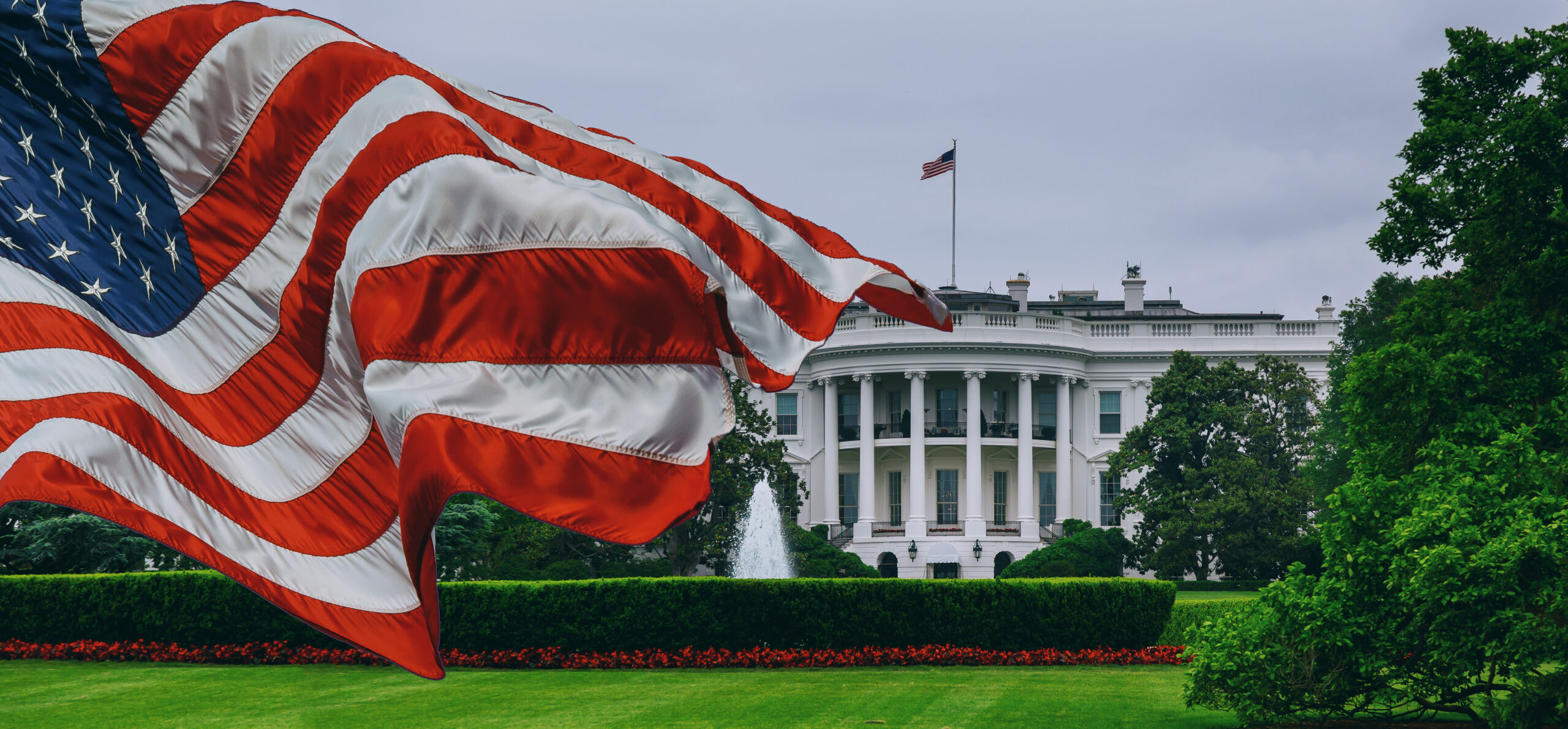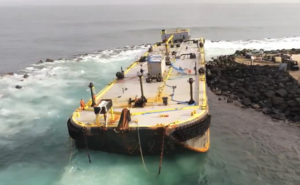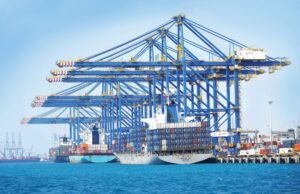The liner shipping organisation World Shipping Council (WSC) voiced serious concerns regarding the port fee regime announced by the U.S. Trade Representative (USTR), cautioning that the measures could undermine American trade, hurt U.S. producers, and weaken efforts to strengthen the nation’s maritime industry.
The Trump administration on Thursday finalised port fees on Chinese vessels docking in the US, a move which comes as the US and China are locked in a major trade war over Trump’s tariffs and could further rachet up tensions. The phased plan targets Chinese-owned, operated and built ships, and fees will be incrementally raised over the following years.
However, industry leaders argue that the measures could have unpredictable consequences for American businesses and consumers.
“Revitalizing America’s maritime sector is an important and widely shared goal – one that requires a long-term, legislative and industrial strategy. We welcomed the vision outlined in the President’s Executive Order, which proposes targeted initiatives to strengthen U.S. shipbuilding, ports, and supply chain resilience,” stated Joe Kramek, president and CEO of the World Shipping Council.
“Unfortunately, the fee regime announced by USTR is a step in the wrong direction as it will raise prices for consumers, weaken U.S. trade and do little to revitalize the U.S. maritime industry,” he added.
The World Shipping Council outlined several key concerns regarding the USTR fee plan. The WSC’s primary concerns include the retroactive port fees. As it says, applying fees to vessels that are already on the water offers no support for U.S. shipbuilding and, instead, risks harming American exporters, particularly farmers, at a time when global trade is facing significant strain.
“These backward-looking penalties disrupt long-term investment planning, introducing new costs and unpredictability for American businesses and consumers,” WSC highlights.
The organization also points out that structuring fees based on ship size (net tonnage) disproportionately penalizes larger, more efficient vessels that deliver essential goods, including components used in U.S. production lines.
“Increasing the cost of these shipments will reverberate through the supply chain, raising production costs for American businesses and, ultimately, for consumers. It will also penalize U.S. ports, who have made significant investments to expand their capacity to attract and handle the largest container ships serving the trade.”
Additionally, the United States Trade Representative (USTR) last week included in its phased plan a fee that targets foreign-built car carrier vessels based on their capacity with the aim to incentivize U.S.-built car carrier vessels.
WSC warns that this action, targeting all foreign-built vessels, will further slow U.S. economic growth and raise automobile prices for American consumers.
The organisation is now urging the Administration to reconsider this measure and calls for constructive solutions.
“Constructive pathways such as targeted investment incentives, infrastructure improvements, and streamlined regulatory processes, can deliver lasting benefits without disrupting U.S. trade or raising costs for American producers and consumers.”
“We urge policymakers to pursue strategies that encourage growth, strengthen supply chain resilience, and avoid actions that risk harming American exporters, producers, and consumers at a time when global trade is already under pressure,” Kramek concluded.



